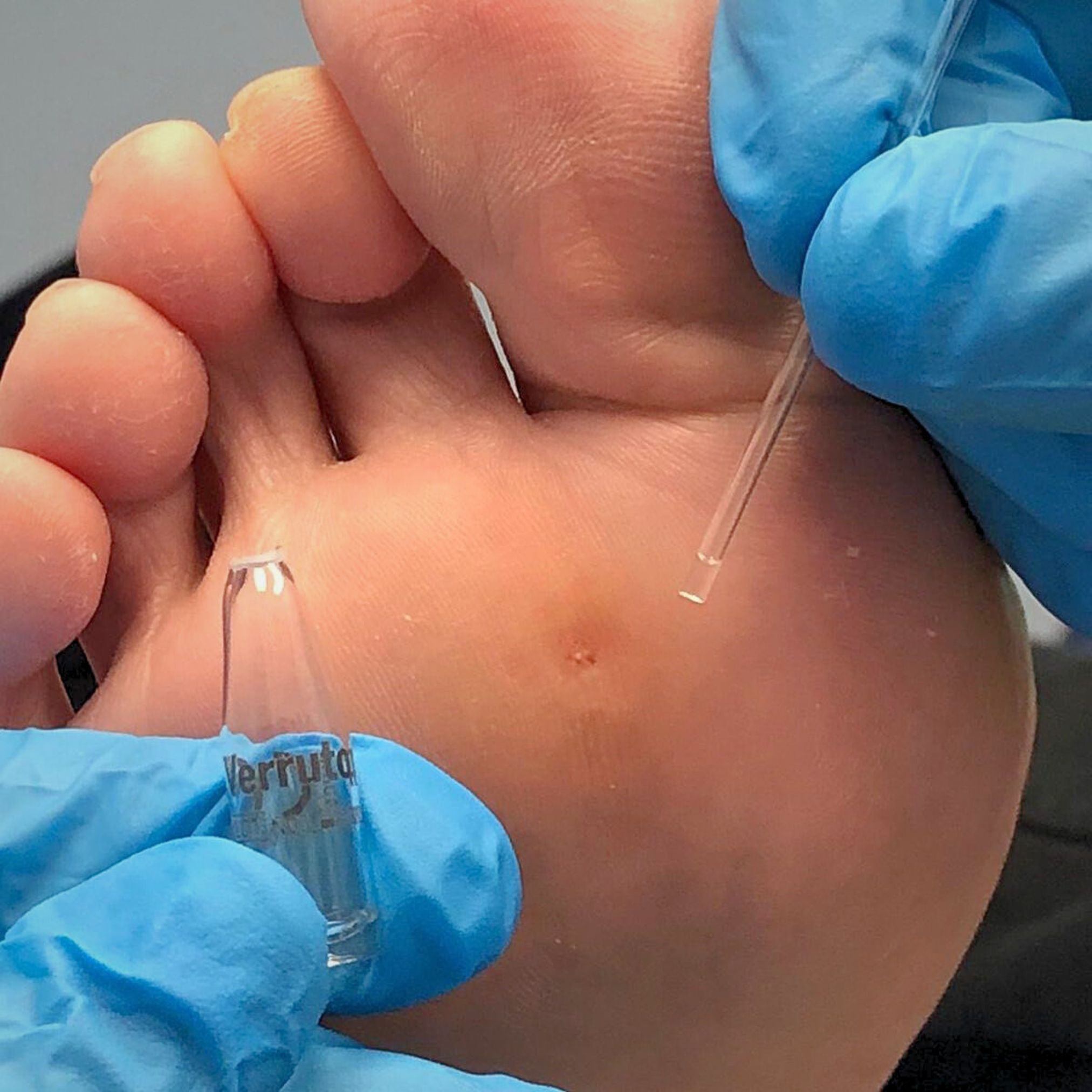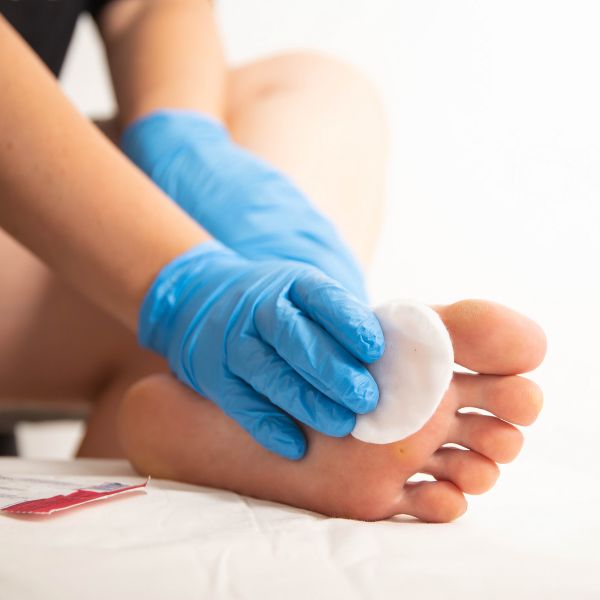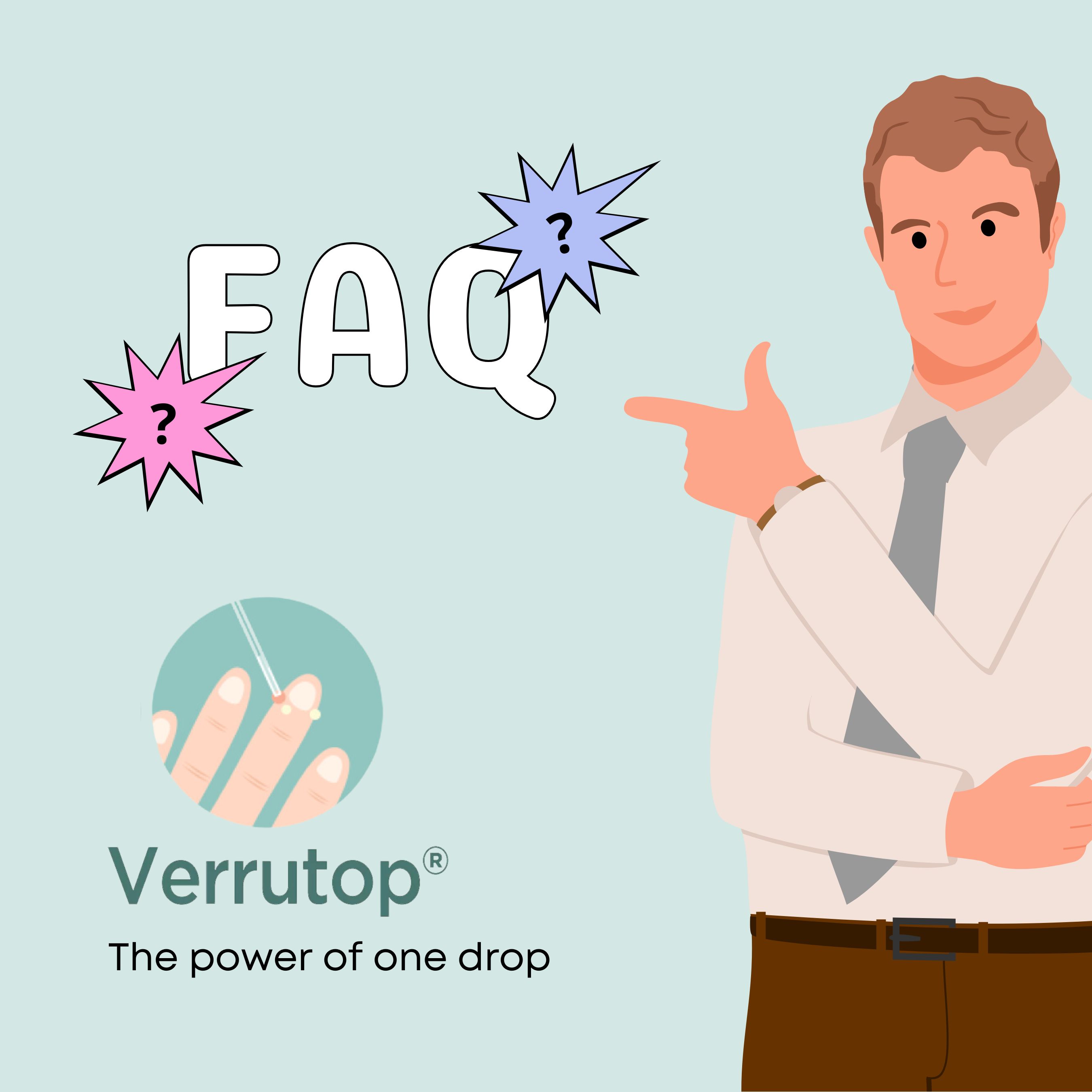Understanding Warts in Children – Causes, Types, and Effective Treatment Options

Warts are a common issue among children, especially plantar warts on the feet. While they’re generally harmless, they can cause discomfort and, in some cases, embarrassment or pain for children. In this post, we’ll dive into the types of plantar warts, what causes warts in children, and explore how Verrutop can be a gentle yet effective treatment.
What Are Warts and Why Do They Appear in Children?
Warts are small, non-cancerous skin growths caused by the human papillomavirus (HPV). HPV spreads through direct contact, making children particularly susceptible because of their frequent interaction with surfaces and other kids who might carry the virus. Since children’s immune systems are still developing, they may not yet have strong defences against infections like HPV, increasing their risk of developing warts.


Why Do Children Get Warts?
Direct Contact with HPV: Children often touch various surfaces at school or in public spaces, leading to possible contact with the virus.
Small Skin Breaks: Even tiny cuts or abrasions on the skin can serve as entry points for the virus, allowing it to infect the skin and cause warts.
Weakened Immune Defences: A child’s immune system may not yet have the resilience to fend off the HPV virus, making them more vulnerable to warts.


Types of Plantar Warts in Children
There are several types of plantar warts, each with specific characteristics:
Common Plantar Warts: These are typically small, rough growths found on the bottoms of the feet. They may have black dots on the surface, which are actually small blood vessels.
Mosaic Warts: These are clusters of smaller warts that grow together, forming a rough, patch-like structure. Mosaic warts can cover larger areas of the foot, making them particularly uncomfortable.
Periungual Warts: While more common around fingernails, these warts can also appear around the toenails. They can disrupt nail growth and cause pain if they grow under or around the nail.
For more information you can read our dedicated blog on Plantar warts by clicking here.


How to Treat Warts in Children – Why Verrutop Is a Great Option
When treating children’s warts, choosing a method that’s both effective and comfortable is essential. Verrutop is an advanced treatment option specifically designed to be painless and non-invasive, making it particularly suitable for children who may be nervous about painful treatments like cryotherapy. It is suitable for adults and children as young as six years old.
Benefits of Using Verrutop for Children’s Warts
Painless Treatment: Verrutop is applied topically and works without causing pain, making it a gentle choice for children who may be sensitive or scared of discomfort.
Targeted and Effective: Verrutop uses a combination of nitric acid, zinc, copper, and organic acids to target the wart directly and reduce viral DNA. This unique formula makes it a highly effective option that’s fast acting.
Non-Invasive: Unlike treatments that require freezing or cutting, Verrutop works topically, so there’s no need for needles or uncomfortable procedures. This makes Verrutop especially child friendly.
Preventing Warts in Children
While warts are common and often difficult to prevent entirely, there are a few steps that can reduce the risk of warts in children:
Encourage Handwashing: Teaching children to wash their hands regularly can reduce the spread of HPV.
Use Shoes in Public Areas: Wearing shoes in locker rooms, pools, and other public spaces can help prevent exposure to HPV on the feet.
Avoid Picking or Scratching: Remind children not to pick at their warts, as this can spread the virus to other areas.


Conclusion
Plantar warts can be frustrating and uncomfortable, especially for children. Understanding the types and causes can help parents take proactive steps to prevent them, while Verrutop offers an effective, painless treatment option that’s ideal for children. By choosing Verrutop, parents can give their children relief without the fear of pain or invasive procedures.
About the Author

Related Posts
Categories



















